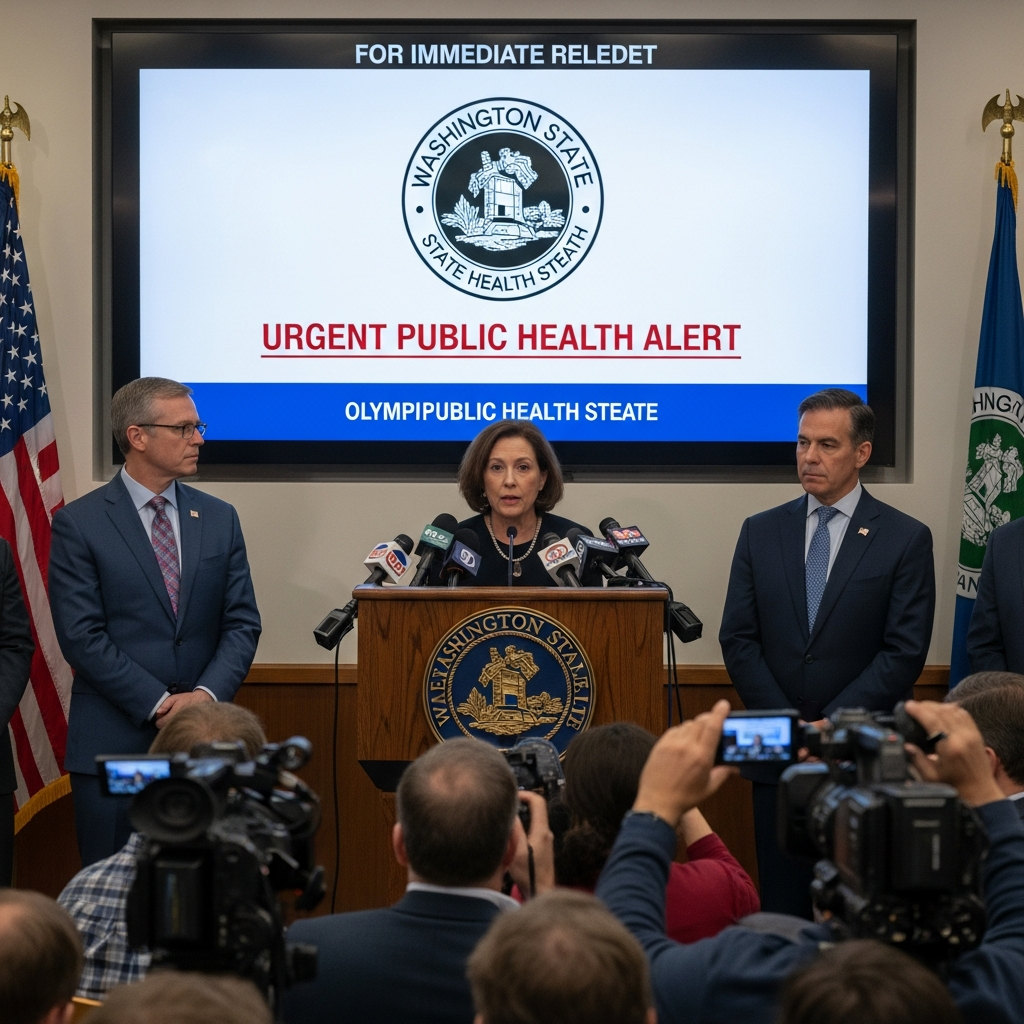A concerning trend is emerging in cancer diagnoses: a rare form of appendix cancer, known as appendiceal adenocarcinoma, is showing a surprising increase in incidence, particularly among younger adults like Millennials and Generation X. Traditionally affecting older individuals, this shift suggests a growing disease burden in these younger populations.
A recent study published in the Annals of Internal Medicine analyzed data from nearly 5,000 appendix cancer cases diagnosed between 1975 and 2019. The findings were striking, revealing a significant rise in risk for those born more recently. For individuals born around 1980, the incidence was more than three times higher compared to those born in the 1945 cohort. This trend accelerated further for the 1985 birth cohort, where the incidence quadrupled compared to the 1945 cohort. While still a rare cancer overall (affecting a few people per million annually), approximately one-third of appendix cancer diagnoses are now made in adults under the age of 50.
This rise in early-onset appendix cancer is also seen as part of a broader pattern of increasing gastrointestinal cancers, including those of the colon, stomach, and pancreas, in adults under 50.
Potential Factors Behind the Increase
The exact reasons for this puzzling surge in younger generations are not yet fully understood and are the subject of ongoing research. Experts hypothesize that changes in environmental, lifestyle, and genetic factors since the post-World War II era may play a role. Potential contributing factors being explored include:
Dietary Shifts: Increased consumption of processed foods, sugary drinks, and red/processed meats.
Gut Microbiome Alterations: Changes in the balance of gut bacteria, possibly linked to increased antibiotic use.
Obesity: Rising rates of obesity are a known risk factor for many digestive cancers.
Physical Inactivity: Declining levels of physical activity.
Environmental Exposures: Potential links to changes in food production, chemicals, and pollution.
Gastrointestinal Inflammation: A higher prevalence of conditions causing inflammation in the digestive tract.
It is likely a complex interplay of these factors that contributes to the increased risk.
Recognizing the Challenge: Vague Symptoms and Difficult Diagnosis
One of the most significant challenges with appendix cancer is its often late diagnosis. Unlike some other cancers, there is no routine screening test for the appendix. Symptoms, when present, are frequently non-specific and can easily be mistaken for more common, less serious conditions.
Common vague signs and symptoms may include:
Persistent abdominal pain (often vague or in the lower right side)
Abdominal bloating or swelling
Changes in bowel habits
Unexplained fatigue
Unexplained weight loss
Pelvic discomfort
New hernias
Bowel obstruction
Because these symptoms are not unique to appendix cancer, the disease is often discovered incidentally, frequently during surgery for suspected acute appendicitis. By this time, the cancer may already be advanced.
What This Means and What’s Needed
The increasing incidence in younger adults highlights the urgent need for further research to identify definitive causes and risk factors. Scientists are calling for investigations incorporating genomics data to better understand the underlying biological mechanisms.
Additionally, the medical community is urged to revisit existing approaches to this rare cancer, including exploring the potential for revised screening protocols and developing effective early detection biomarkers. Earlier detection could significantly improve outcomes.
For individuals, particularly those under 50, the rise serves as a reminder to be vigilant about their health. If you experience persistent or unusual abdominal symptoms, especially those listed above, do not hesitate to seek medical advice promptly. While appendix cancer remains rare, bringing concerning symptoms to your doctor’s attention is always recommended for any potential health issue. Maintaining a healthy lifestyle through diet, exercise, healthy weight, and avoiding smoking and excessive alcohol can also contribute to overall cancer prevention.




